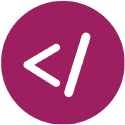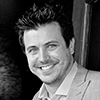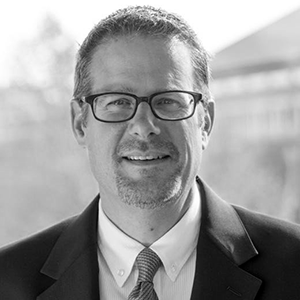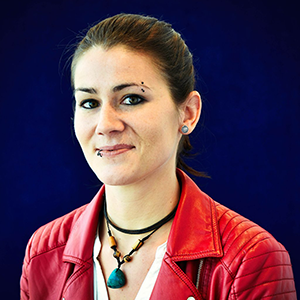Anywhere developers are shipping code, Black Hat is interested. Firmware lives in the Embedded track, OS and Infrastructure-as-Code lives in Platform. Everything else tied to Application Security, including WebAppSec and the Security Development Lifecycle (develop, deploy, run, scale, response, including bug bounties) - lives here in AppSec.
Talks in this track are often focused on web-based services talking over 80/443 and the like. By definition this implicates web-servers (Apache, Nginx, IIS, etc.), browsers (Internet Explorer/Edge, Chrome, Safari, Firefox, etc.) and web technologies (AJAX, Flash, HTML5, SSL/TLS, etc.). This track can also include issues related to how web based programming languages (Java, C#, PHP, Python, Ruby, etc.) process/handle web transactions (SQL Injection, Command Injection, Cross Site Scripting, pivoting, exfiltration, etc.) and additionally how browsers can be tricked into performing otherwise nefarious activities.
This is also the home of research into the Security Development Lifecycle (SDL) whether waterfall, agile, or something else- at any stage from training and requirements to release and response. We are particularly keen for research on new techniques or tools in the field of secure development practices, presentations which leverage objective data, and case studies with actionable recommendations attendees can apply to improve their product security.




































